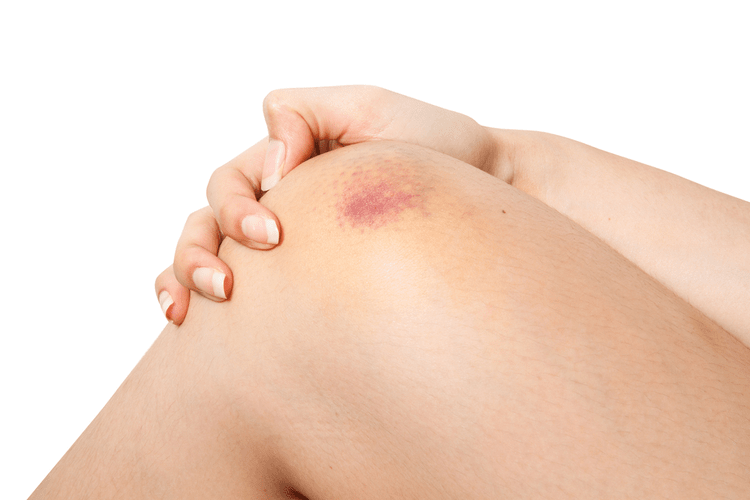Anaphylaxis is a severe type of allergic reaction and is a medical emergency. It may occur after eating or drinking grape products, including wine, raisins, and fresh grapes. Beer also contains histamines which could cause a reaction in some people, including sneezing and stuffy nose after drinking. The best treatment of allergies is to avoid the substance that triggers a reaction wherever possible. “This includes looking at ingredient/content labels of food and drink,” explains the nurse.

So, people are typically born with a tendency for alcohol intolerance, which also runs in groups of people who are more closely genetically related. For example, people of Asian descent tend to have lower levels of ALDH. https://en.forexdata.info/50-substance-abuse-group-therapy-activities-for/ If you’re frequently sneezing after drinking, you must see a doctor as there may be an underlying condition that needs to be treated. If drinking from a glass makes you sneeze, try drinking through a straw instead.
What are the possible causes of alcohol allergy?
The healthcare professional uses a lancet to pierce a person’s skin and apply a small amount of the suspected allergen to see if it causes a reaction. However, standardized skin testing using different Step 1 of Alcoholics Anonymous: What Is Step 1 of AA? types of alcohol is not currently available. An alcohol allergy and alcohol intolerance are two different conditions. White wine tends to contain higher levels of sulfites than red wine and beer.
The sneezing that some people experience after drinking red wine can also be due to an allergy. While rare, it is possible for a person to have an allergic reaction when exposed to the ingredients found in red wine such as histamines or sulfites. Those with allergies may experience sneezing, itching, and other respiratory symptoms when exposed to red wine. To avoid experiencing such allergic reactions, it is important to consult with a doctor and identify any allergies before drinking red wine. The symptoms range from sneezing and congestion to a more severe anaphylactic reaction.
Does Drinking Alcohol Raise Your Risk of Breast Cancer?
Your doctor or allergist will likely perform a skin test in order to determine what component of wine you are allergic to. Once the allergen has been identified, your doctor can help you develop a plan of action to manage your allergy in the future. People who drink red wine may be more prone to dehydration than those who don’t, as alcoholic drinks can increase the body’s need for fluids. Therefore, it is important to stay hydrated when drinking alcohol by having a glass of water between drinks and avoiding caffeine or carbonated beverages. It is not known for certain why some people experience sinus congestion after drinking red wine, but it is believed to be due to a combination of factors.
“They may also be accompanied by a red rash, swelling to the eyes, lips, face, breathing difficulties, stomach upset, feeling dizzy or faint due to low blood pressure,” she adds. “Allergic conditions may be genetic but, can happen in people with no family history too.” Those with a genuine alcohol allergy should completely avoid alcohol. People with an alcohol allergy should exercise caution when eating or drinking anything that they have not prepared themselves. However, only two of the 68 participants have a medically diagnosed allergy.
Only way to prevent hangovers is to drink less
For example, someone with an allergy to gluten might experience adverse reactions if the wine contains any trace amounts of gluten. Knowing the ingredients used to make a wine can help you make an informed decision about what kind of wine you want to drink. Alcohol intolerance is a condition characterized by unpleasant reactions after drinking alcohol, such as an upset stomach, facial flushing, headaches and nausea. It is usually caused by genetic variations in the ALDH2 gene, which produces the enzyme that metabolizes alcohol. People with less active ALDH2 enzymes have difficulty breaking down alcohol, leading to uncomfortable reactions.
- This causes the body to be unable to break down and clear out excess histamines in the body.
- The study found that the effects of sulfites in wine can vary from mild to severe.
- Alcohol allergy symptoms can range from mild, such as an itchy mouth or eyes, to severe, including vomiting or anaphylaxis.
Combining alcohol with certain medications also can cause reactions. Drinking alcohol can cause you to feel warm or red in the face. This can happen because alcohol dilates blood vessels, making skin appear more flushed. It can also happen in people who have a genetic defect in the aldehyde dehydrogenase 2 (ALDH2) gene. People with this defect aren’t able to metabolize alcohol as quickly as others, which leads to a buildup of a compound called acetaldehyde that is known to cause skin flushing. The third type of headache caused by alcohol is a “Delayed Alcohol-Induced Headache” (“DAIH”).
Thanks for reading and we hope this post has helped to provide some clarity on the matter. Filtration of wine is an important process in the production of a good quality beverage. It helps to remove harmful bacteria, unwanted tannins and other impurities from the liquid before it can be consumed. Egg whites and gelatin are two of the most commonly used filtration agents due to their ability to absorb proteins and reduce astringency.